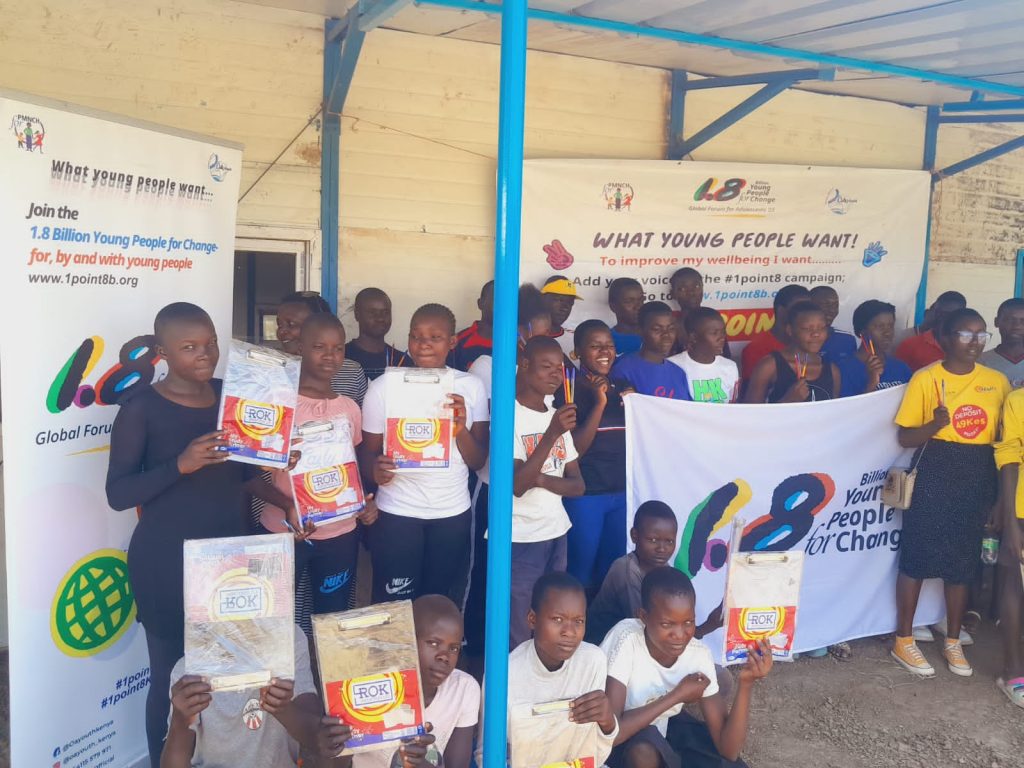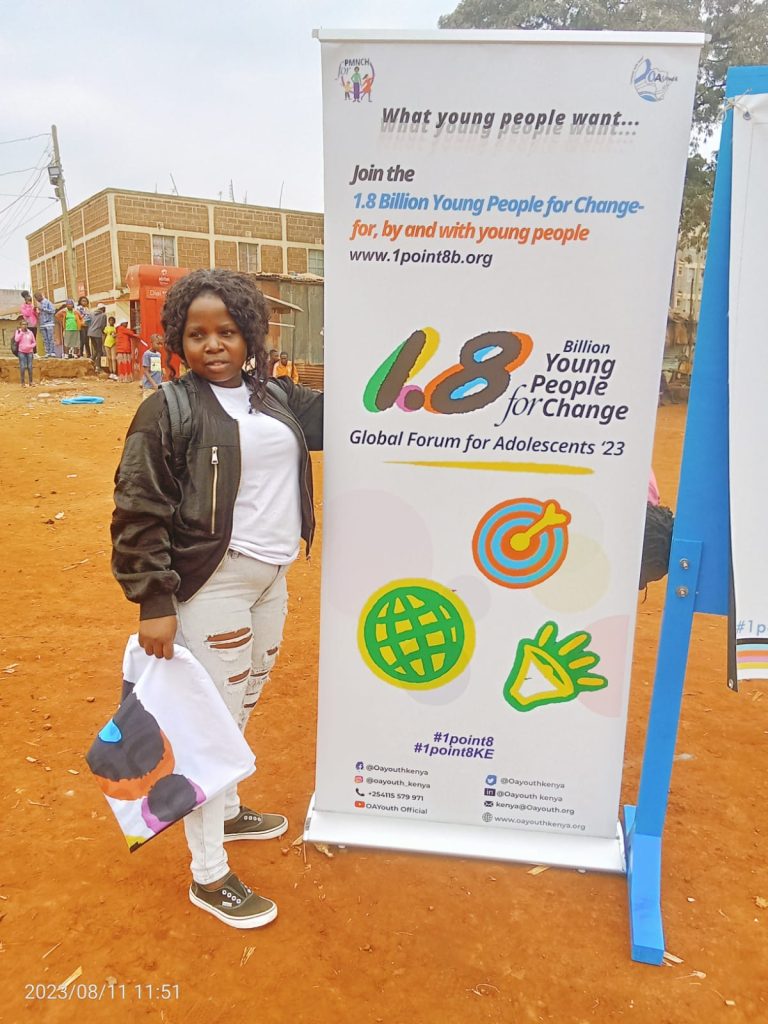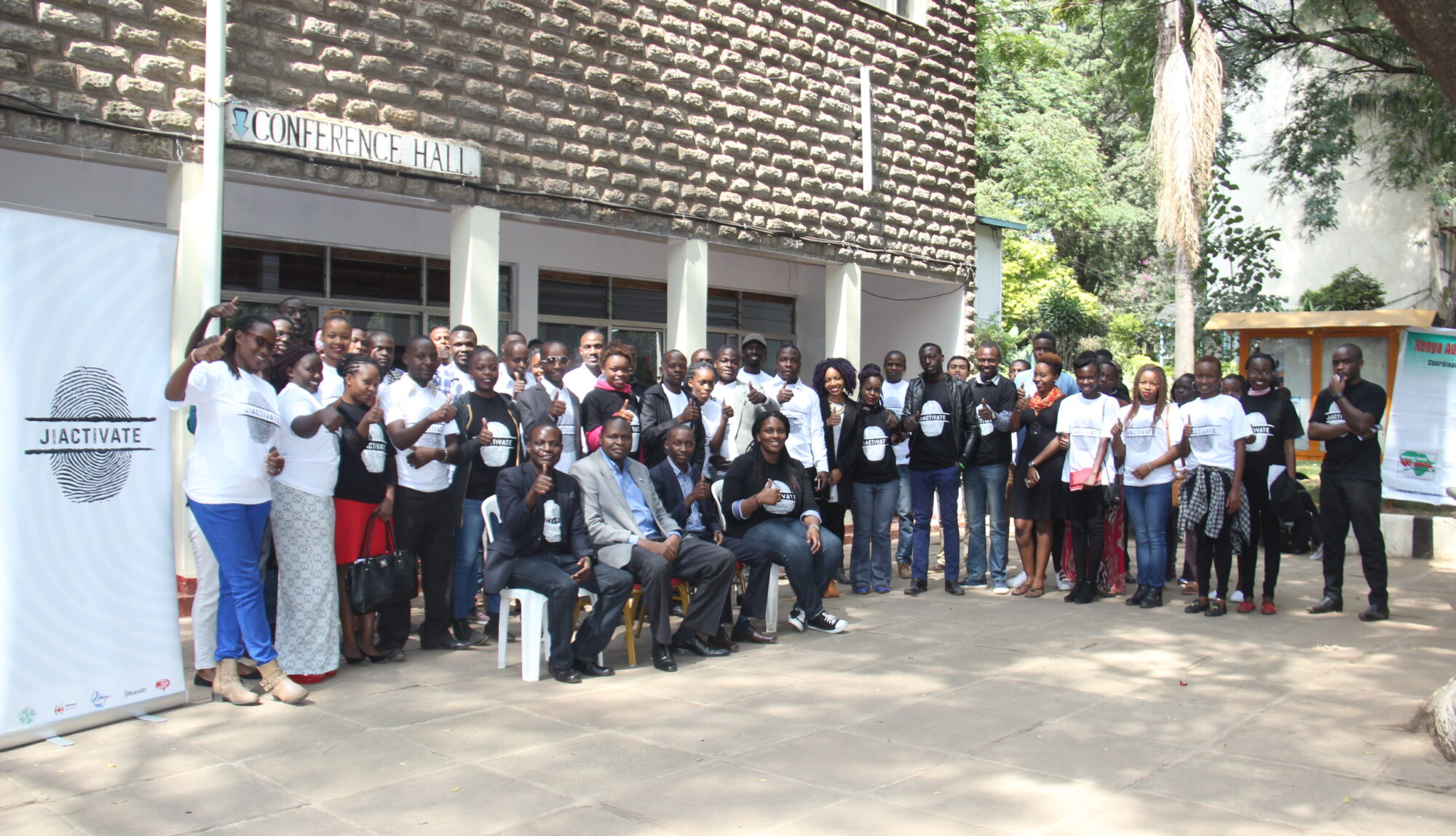In the wake of the 1point8b project survey, which provided a platform for Kenyan adolescents to voice their needs and aspirations, a resounding call emerged for a transformation in the realm of education.
The responses concerning education included ‘better education system‘, ‘to improve education in our country’ and ‘Better education to support my career choice to pass the cluster subjects‘.
In 2021 10.3 million students were enrolled in primary schools according to Statista. Statistics also show that 67% of youth in Kenya are unemployed. This goes to show that while a significant number of students traverse the educational journey, only a fraction successfully navigate the transition to the labour market.


The Heart of the Issue
In Kenya, there has been an increasing trend of skill mismatch. Tertiary institutions churn out thousands of graduates each year who end up in careers they weren’t trained for or without a job for almost four years.
The promise of a brighter future through education doesn’t translate into practical skills needed by employers.
Forging A Path Forward
In response to the voices, an agenda was developed to define a path forward for governments, partnership with stakeholders from all sectors, to develop and implement policies and programs that deliver on this priority. The agenda related to education is:
‘Provide universal primary, secondary, and tertiary education, and vocational training to ensure all adolescents and youth develop skills aligned with modern labor market demands and are protected by strengthened labour laws and policies to provide decent jobs, meaningful career options and safe working environments.’



The Call to Action
The stories shared by Kenyan adolescents and youth have illuminated this reality; collectively, we are tasked with shaping a future where education serves as the driving force for individual empowerment and societal advancement.
Written By Virginia Gachuru
